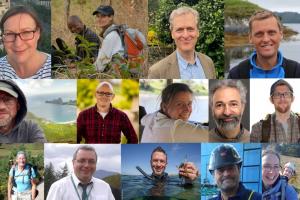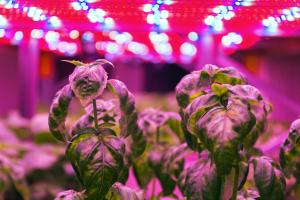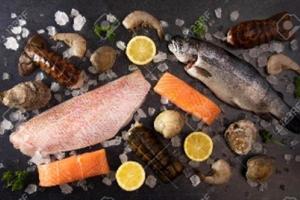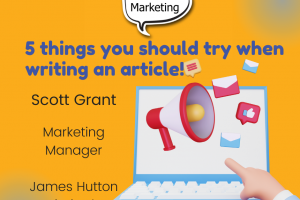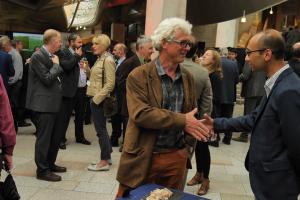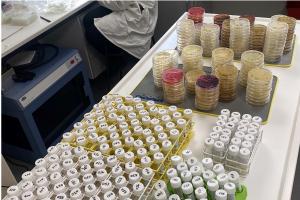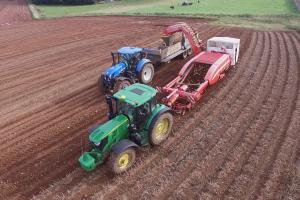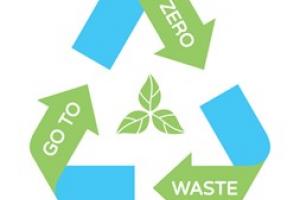Alexandra Davey introduces a project highlighting the scientists working to combat the biodiversity crisis in Scotland and around the world – from early-career researchers right through to senior scientists. The project gives fascinating insights into their diverse and impactful research, as well as their motivations and inspirations.
During COP26 the contribution of agriculture and food production to greenhouse gas emissions was discussed and, goals were set to tackle the global challenges of climate change. With COP27 taking place this November, it is becoming increasingly evident and more important than ever that we address sustainable practices on an individual and community level, as well as at the global level.
We are pleased to have a guest contribution from Dr Max Coleman, an ecologist and science communicator at Royal Botanic Garden Edinburgh, who is taking a wider look at beef production from an ecological perspective.
Many of us want to eat a healthier and more sustainable diet and eating more fish is often one option recommended.
However, SEFARI research has identified that, across Europe, dietary recommendations for fish consumption do not necessarily match national seafood supplies.
In this blog, Scott Grant, the marketing manager at James Hutton Limited, offers his advice and suggestions to help your article to stand out.
Scott has worked in professional services, higher education and loves to write.
Writing is something that a marketing person will do just about every day. Whether that’s creating social content, a new webpage, a landing page, a handout, an e-mail marketing template – we’ll often be writing. As someone who has been writing for around 10 years now, here’s my top 5 tips…..
Engaging with a group of people can be a daunting task. However, it is an invaluable activity which provides an interesting and exciting avenue to share our work, learn from others and even develop a new skillset.
Antimicrobial resistance (AMR) is one of the biggest health-threats of modern time. A global survey in 2019 showed that it claimed more lives than HIV/AIDS or malaria, and AMR is one of the top 10 global public health threats facing humanity. Resistance to current drugs continues to emerge and grow, and there are insufficient new interventions on the horizon.
Agriculture and food production contribute a large portion of the greenhouse gas (GHG) emissions, account for approximately 20% of the world's total emissions. In Scotland, the picture is no different, where they contribute around a quarter of the total GHG emissions. Hence, it is important to address the transitions needed in these sectors in order to tackle climate change.
In this blog, Dr Kerry Waylen, a senior researcher in the Social, Economic and Geographical Sciences Department at the James Hutton Institute, discusses the practical difficulties in aligning approaches to protect and improve water quality and ecology alongside those for managing flood risk.
With growing pressures on food resources, agricultural inputs (e.g., energy, soil, water), production costs and the environment, many of us are looking at how we can reduce food wastage whilst still ensuring we get adequate nutrition.
